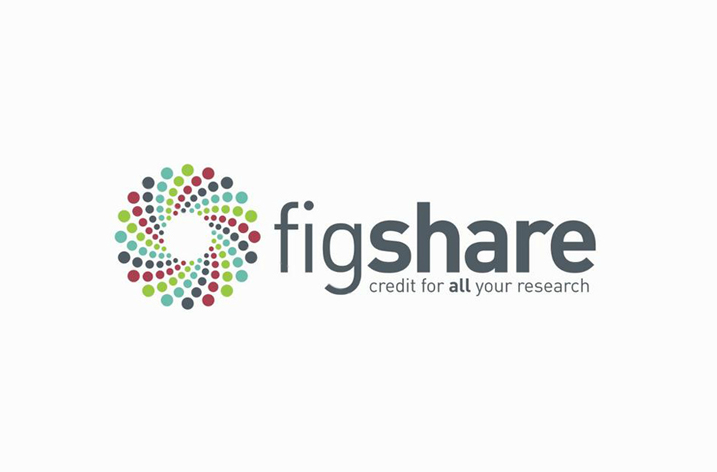
Ex Libris® Group, a world leader in the provision of library automation solutions, is pleased to announce the global launch of the Ex Libris Developer Network—an open environment in which developers and IT professionals can collaborate across libraries and with Ex Libris to experiment with applications and extensions to the company’s solutions. The new network welcomes community members from both Ex Libris customer and non-customer institutions.
Providing all the resources that developers need to create applications and extensions for Ex Libris solutions, the Developer Network features the following sections:
- API Docs: Comprehensive API and integration documentation and technical guides
- Tech Blog: Advice, technical guidance, and best practice information offered by developers and Ex Libris development team members
- Codes & Apps: Contributions of code and apps, including links to complete code projects hosted on GitHub
- API Console:A testing environment (sandbox) in which customer developers will be able to experiment with Ex Libris APIs
- Forum: Online forums in which developers can share ideas, questions, and answers about how to get the most value out of Ex Libris APIs
- Dashboard: A tool enabling developers to manage their implementations of open interfaces and to view usage analytics
With the establishment of the EL Commons collaborative platform in 2008, Ex Libris was the first to create an environment devoted specifically to the open development of extensions for library-management software. Building on the creative spirit that inspired the 5,000-strong EL Commons community, the Developer Network affirms the commitment of Ex Libris to openness and represents the next phase of the Company’s open-platform strategy.
“The Ex Libris Developer Network offers us new ways to leverage the open interfaces of Ex Libris solutions to integrate with both institutional and external systems,” commented Kevin Kidd, head of library systems and applications at Boston College. “We can easily build, manage and share multiple applications and services in the Developer Network. As a result, we will be able to extend library services through tight integration with mobile applications, our learning management system, student portal, institutional repository and vendor selection systems. Our vision for the future of online library services at Boston College rests heavily on open APIs. We welcome this strengthening of openness by Ex Libris and we look forward to collaborating with fellow users in the new platform.”
With the launch of the Developer Network, Ex Libris is continuing its shift toward the exposure of services and data through RESTful APIs. Fully compliant RESTful APIs make the development of extensions by the developer community faster and simpler. “This move responds to feedback we received from the developer community,” explained Bar Veinstein, vice president of resource management solutions at Ex Libris. “Although our customers created hundreds of custom-developed applications using X-Services and SOAP APIs, REST is the preferred interface in current development environments.”
Matti Shem Tov, president and CEO of Ex Libris, remarked: “The Ex Libris Developer Network is a major new demonstration of our commitment to openness. Harnessing the open interfaces of Alma, Primo, and other Ex Libris solutions, a library can integrate its systems with other campus systems—thereby delivering essential services to students and faculty and demonstrating the library’s value to the institution it serves. Our user community already boasts an active developer group, and we are proud to be providing its members with an advanced platform for collaborating, sharing, and developing new applications and integrations.”
To see the Ex Libris Developer Network, go to developers.exlibrisgroup.com.
– See more at: http://www.exlibrisgroup.com/default.asp?catid={916AFF5B-CA4A-48FD-AD54-9AD2ADADEB88}&details_type=1&itemid={C08B8E35-B0B1-4E51-83C7-F2B0A9D94B32}#sthash.nG6G4Qg7.dpuf



























